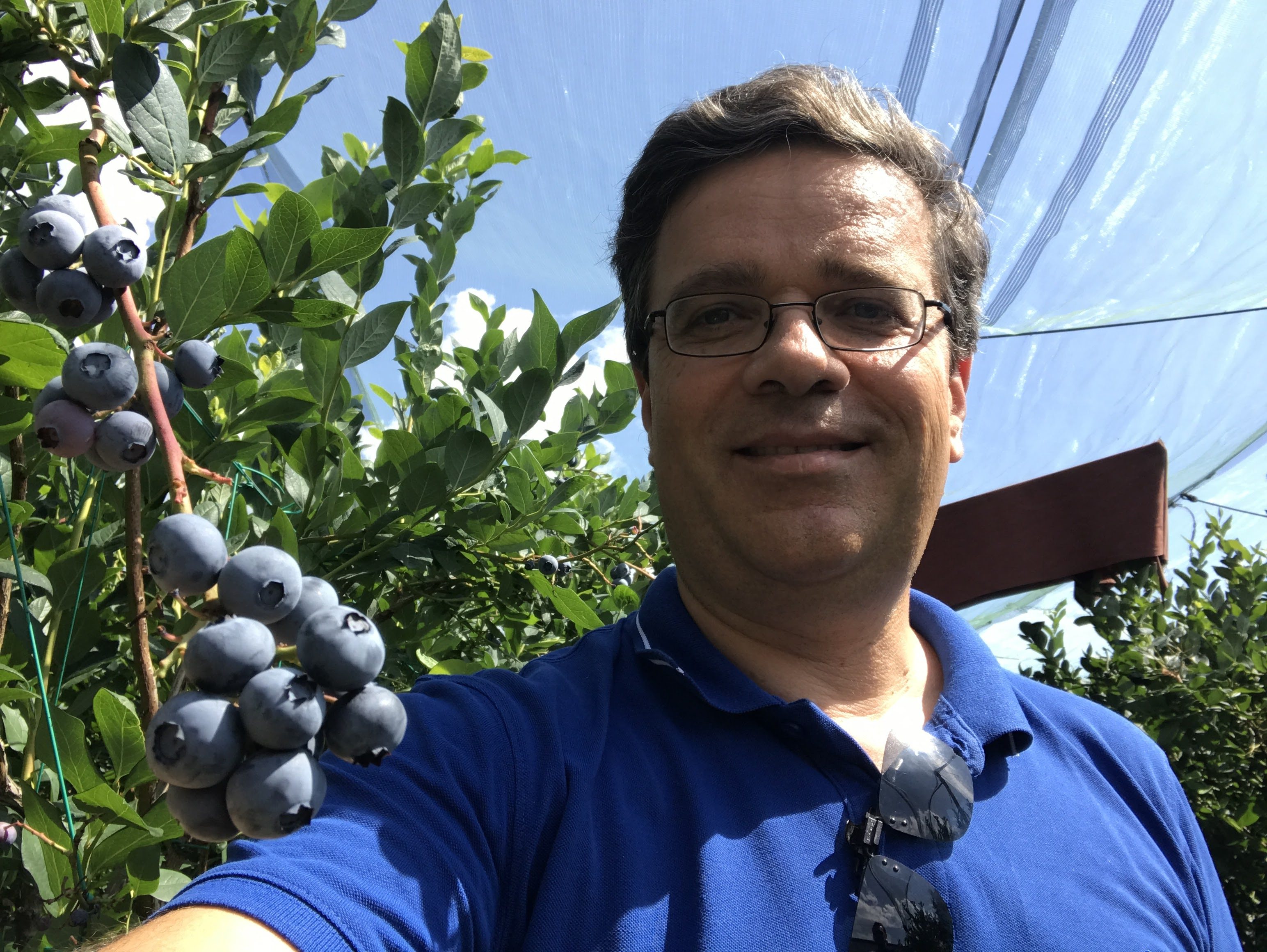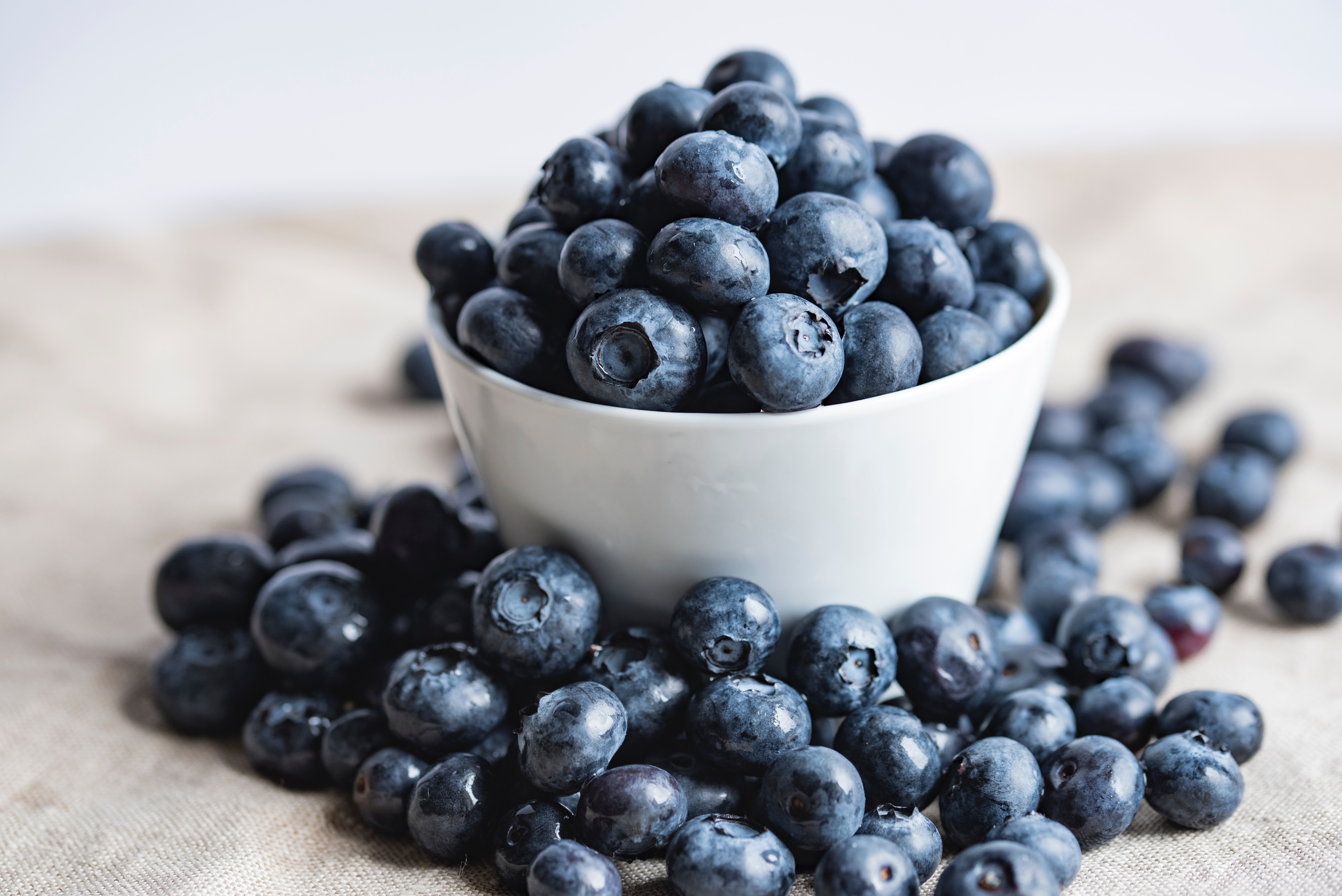In recent years, blueberries, along with avocados, have been among the most important drivers in the global fruit business. Production has also been significantly expanded in Peru, with Camposol 's operations playing a decisive role in the growth. But the view goes beyond the country's borders. Michael Schotten (Fruchthandel) spoke with Camposol's Managing Director, José Antonio Gómez Bazán, about the future prospects of the trendy product.
How did the blueberriesbusiness develop in the 2021 season?
Camposol's blueberriesbusiness increased by 25% last year to almost 30,000 tonnes. Much of this is due to the expansion of our organic business with an additional 2,000 tonnes available, mainly for the North American market. In addition, our focus on quality has helped us to increase our sales by more than 100% in the Chinese market, where Camposol's brand and quality have been very well received.
The global demand for blueberriesbiologicals is increasing and has even accelerated during the pandemic. Do you think this growth will continue when the pandemic is over?
Global demand for organic products will continue to grow. As with most categories, this demand here represents between 10% and 20% of the total retail volume and is price sensitive to the difference with the conventional supply of blueberriesin grocery shops. In previous years, the problem has been a lack of supply, especially in the import season. If the overall supply grows so that this 10-20% is available all year round, the growth of organic berries will slow down to the level of general consumption of blueberries- which still shows a high growth rate compared to other fruit categories.

Is it realistic to say that Camposol's organic segment will grow even faster than the conventional segment in the coming years?
Our organic range has grown enormously in the last two years and will continue to expand. We are now able to offer organic programmes to most of our retail partners during the traditional Peruvian season. Our growth will come from expanding into other supply regions to meet demand outside the Peruvian seasonal window, becoming more of a year-round supplier.
From Camposol's point of view, how does Peru position itself in the world market compared to other major suppliers of organic blueberriessuch as Chile, Mexico or Argentina?
Peru is still the main South American supplier of organic and conventional blueberries. Due to its desert climate, Peru has a much larger window of opportunity than other regions to grow better quality blueberriesthat can be transported without problems.
Mexico will also play an important role in covering the remainder of the North American import season from February to May, which is why we chose this location for the first expansion of our blueberriesproduction - a step towards a year-round supply of blueberriesfor the markets we serve. We began the first harvest at our new Mexican facility in February of this year and look forward to supplying the grocery trade this year through May.
How high is the demand for conventional and organic blueberriesin the Far East, especially in China?
In general, the consumption of organic fruit in China is still rather low, with only a few high-end food retailers occasionally offering blueberriesin large cities such as Shanghai. One explanation for the low market penetration is that many consumers doubt the authenticity of organic products because there have been problems with fake organic products in the past, when there were fewer controls. In addition, special certification is required for the import/distribution of organic products, which is a certain barrier to entry for international market participants.
Easier market access could contribute to the development of the organic sector. For example, a bilateral agreement between China and New Zealand facilitates the process of mutual recognition of organic certifications. On the other hand, the current low consumption of organic products can be interpreted as an interesting potential for the future - however, organic products should be accompanied by strong brands and professional marketing support.
What about the EU and UK markets?
European organic certification requires a more demanding audit process than in other markets and not many exporters are able to implement this standard. In this sense, the organic category will continue to grow in terms of supply, but will still remain a niche compared to conventional soft fruit in terms of volume. In terms of consumption, the volumes of both organic and conventional blueberrieshave increased significantly in recent years.
With increased supply from Peru during the autumn window, some food retailers are starting to open up to this product line, allowing them a smoother transition to the Chilean season when organic berries are available in greater quantities.
What innovative packaging concepts does Camposol offer in the blueberries segment?
Camposol offers blueberriesorganic in two different presentations: plastic trays and cardboard trays. Most likely, cardboard trays will gain importance in European markets, also due to the implementation of plastic reduction measures by major retailers in the EU.
In packaging, we are currently working mainly on increasing our top-seal capacity. While this packaging has been available in Europe for some time, it is relatively new to North America and has been well received due to the 30% reduction in plastic volume and resealability.
But there are also new packaging options in the EU. This season we supplied larger formats than last year. As supply volumes increase in autumn and winter, we are developing different formats to stimulate demand through promotions. That is why we have introduced 700g and 750g baskets and jars during the high season.
Source:Fruitnet
Fruitnet is part of the NCX Media network.







